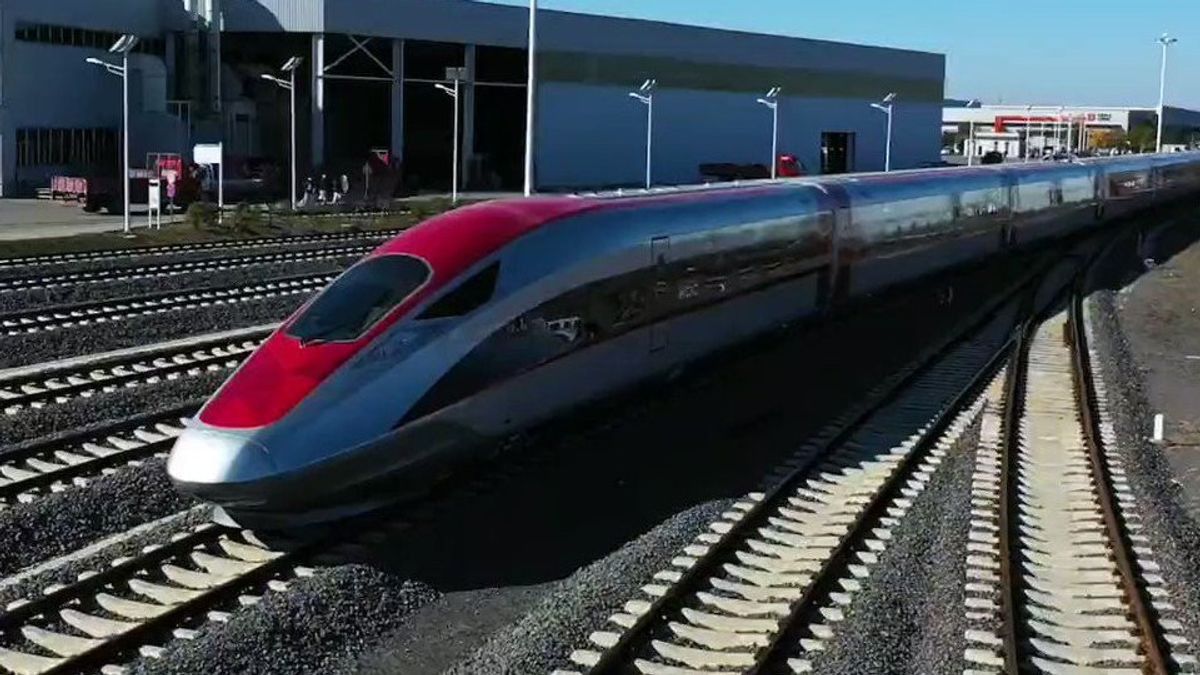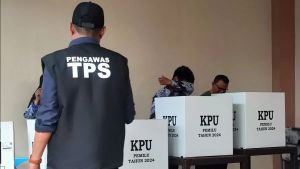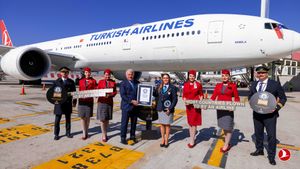YOGYAKARTA - The cost of the Jakarta-Bandung Fast Train (KCJB) project at this time swells from the initial financing needs due to various elements. Until now, the cost overrun or cost overrun identified took US$1.176 billion or commensurate with around Rp. 16.8 trillion. Then what is the cause of the cost of the Jakarta-Bandung high-speed rail project?
PT Kereta Cepat IndonesiaChina (KCIC) noted that during 2019-2022 the project cost overrun took US$2.6 billion to the initial rate of US$6.07 billion. However, after the analysis, cost overrun fell to US$1.675 billion or around Rp24 trillion.
Recently, a review or review by the Financial and Development Supervisory Agency (BPKP) found that cost overruns shrank to US$1.176 billion or around Rp. 16.8 trillion. There are a number of elements that are said to support the basic transportation project tariff.
First, the agenda for the integration of fast train modes with other transportation such as the Jabodebek LRT is measured to also trigger an increase in tariffs.
President Director of PT Kereta Cepat Indonesia (KCIC) Dwiyana Slamet said that initially there was no agenda to build a fast train integration station with other capital. However, over time, the government and KCIC felt the need to build an integration station with the Jabodebek LRT located at Halim Perdanakusuma, Jakarta.
"Because there are no funds on the LRT, then the government asks KCIC to build. That brings up cost overruns," said Dwiyana, last April 2022.
Second, the addition of investment rates for the implementation of special telecommunication networks for smooth travel, security, and comfort in implementing trains, or GSM-R. The tariff, continued Dwiyana, is an additional dependent rate from the KCIC.
Third, the geological situation that hinders the 1,050 m long tunnel project package. To be controlled, the tunnel project was built in clay to reduce the carrying power of the soil by up to 80 percent.
"Because we can no longer twist or relocate the route. There are many considerations, so planning how it should go through clay shale and there should be a tunnel here," said Dwiyana separately at the end of March 2022.
Fourth, land acquisition and relocation. Dwiyana said the work took a large portion to increase the cost of development time, along with the rising land price.
Some buildings or public facilities that should be relocated by contractors are mosques, schools, ditches, roads, and others.
"While in the planning there are around 128 locations, the practice is because there are many requests from the public the influence of public facilities affected by projects according to proposals from the community, the realization is around 500," he said.
President Director of PT Kereta Api Indonesia (Persero) Didiek Hartantyo said that the barrier to land acquisition occurred in 2019. This was introduced during a Hearing Meeting (RDP) with Commission V of the DPR, Wednesday (6/7/2022). Didiek also revealed that at this time the PT KCIC cash was running low.
Therefore, he measures that the State Capital Participation (PMN) approved by the DPR this month is also IDR 4.1 trillion, which will be able to help the company.
"Yesterday, it was under thorough discussion and will be supported and this, especially since it won't be 2022, therefore the potential for the completion of this fast train to be hampered as well, because the KCIC cashflow will last until September so it hasn't dropped due to this cost overrun in June 2023, it will be threatened to withdraw," he said.
Except for the swelling rate, the Jakarta high-speed rail project was also delayed at least twice from the initial target of 2019. The KCJB operation target was then pushed back to 2022, and is now targeted to launch in 2023.
The government revealed that KCJB can operate in 2023, and by the end of 2022 it will be explained to Chinese President XI Jinping at the G20 event.
"Promises from the Indonesian government that this high-speed train should be operated immediately. Hopefully in 2023," said Deputy for Regional Development and Spatial Planning at the Coordinating Ministry for the Economy Wahyu Utomo in Jakarta, Tuesday (26/7/2022).
So after knowing the cost of the Jakarta Bandung high-speed rail project, watch other interesting news on VOI, it's time to revolutionize news!
The English, Chinese, Japanese, Arabic, and French versions are automatically generated by the AI. So there may still be inaccuracies in translating, please always see Indonesian as our main language. (system supported by DigitalSiber.id)













